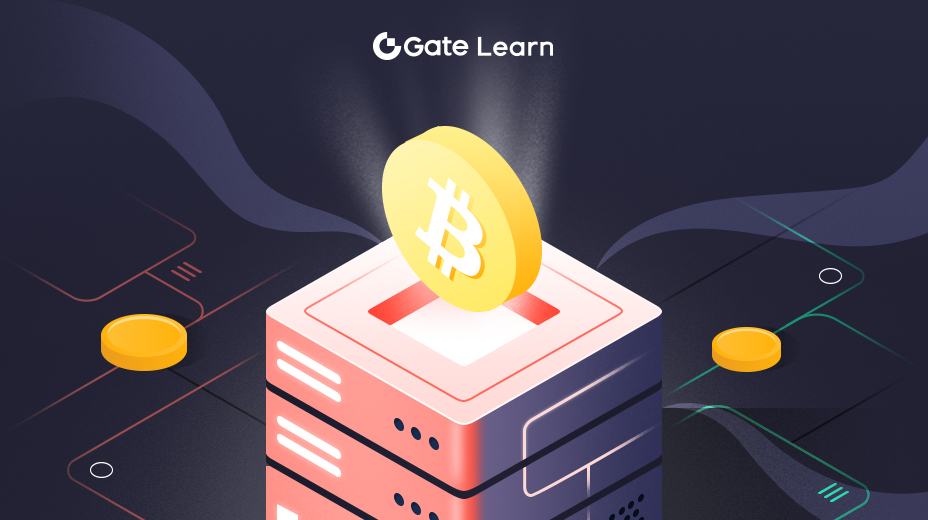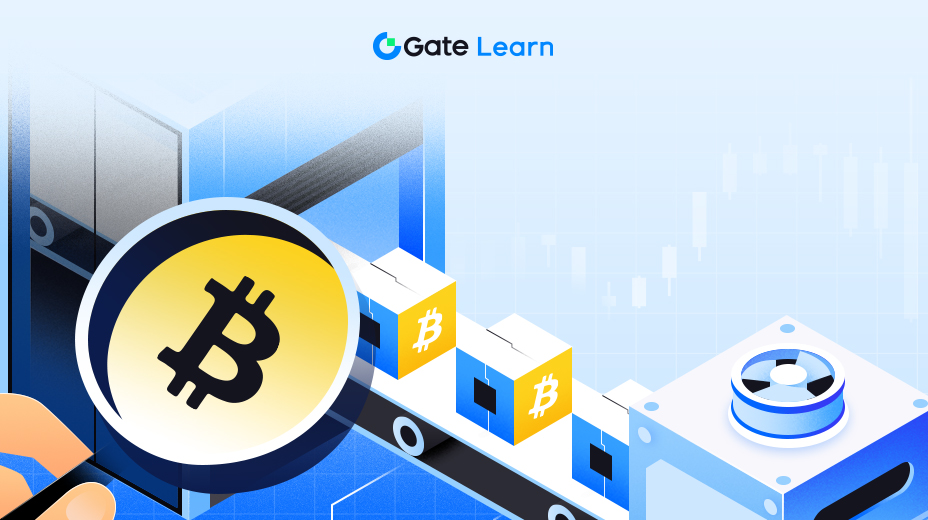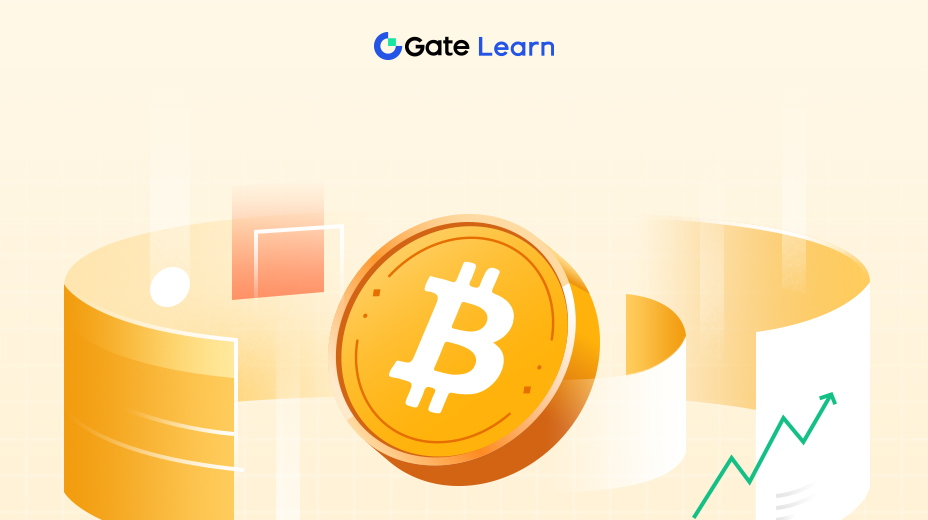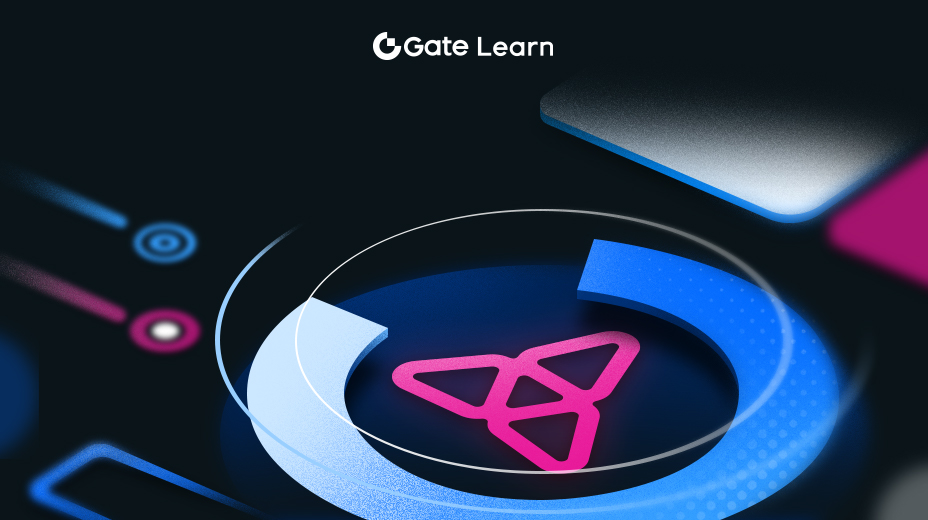Ekosistem dan Produk-Aljabar
Modul ini berfokus pada ekosistem Aljabar Finance yang luas, termasuk integrasinya dengan berbagai DEX di beberapa blockchain yang meningkatkan efisiensi operasionalnya. Ini juga merinci produk yang ditawarkan oleh Aljabar, seperti solusi AMM dan plugin DEX, dan membahas bagaimana pengembang dan komunitas dapat terlibat dengan dan berkontribusi pada platform melalui kegiatan seperti pengembangan dan tata kelola plugin.
Bursa Pertukaran Terdesentralisasi dan Blockchain Terintegrasi

Algebra Finance telah secara signifikan memperluas ekosistemnya dengan mengintegrasikan dengan berbagai pertukaran terdesentralisasi (DEX) di berbagai platform blockchain. Integrasi ini meningkatkan efisiensi dan daya saing DEX ini dengan memanfaatkan arsitektur modular Aljabar dan teknologi likuiditas terkonsentrasi.
Aljabar terintegrasi ke beberapa DEX terkemuka termasuk Camelot, THENA, QuickSwap, StellaSwap, Lynex, Swapsicle, Synthswap, dan lainnya. Integrasi ini memungkinkan DEXes untuk memanfaatkan fitur inovatif Aljabar seperti biaya dinamis dan likuiditas terkonsentrasi, yang sangat penting untuk meningkatkan efisiensi modal dan volume perdagangan. Fleksibilitas yang ditawarkan oleh Aljabar memungkinkan platform-platform ini beradaptasi dengan cepat dan efisien terhadap tuntutan pasar, memberikan mereka keunggulan kompetitif yang signifikan.
Teknologi Algebra tidak terbatas pada satu blockchain. Ini mendukung beberapa blockchain, meningkatkan fleksibilitas aplikasinya. Dengan menyediakan jembatan di berbagai ekosistem, Algebra memungkinkan fitur seperti pertukaran lintas rantai dan interoperabilitas, yang sangat penting untuk pengalaman pengguna yang lancar dalam ruang keuangan terdesentralisasi (DeFi). Blockchain yang didukung termasuk pemain utama seperti Polygon, BNB Chain, Arbitrum, dan penambahan baru seperti Moonbeam, Mantle, dan Telos, di antara lainnya.
Integrasi yang luas di berbagai DEX dan blockchain menegaskan peran Algebra sebagai penyedia teknologi penting di sektor DeFi, mendorong inovasi dan efisiensi. Dengan memfasilitasi manajemen likuiditas yang lebih baik dan mengurangi kompleksitas yang terkait dengan perdagangan dan penyediaan likuiditas, Algebra membantu platform mengoptimalkan operasi mereka dan menawarkan layanan yang lebih baik kepada pengguna mereka.
Camelot V3

Camelot V3 beroperasi di empat rantai blockchain dan telah menunjukkan tren positif dalam perubahan terbarunya dengan total nilai terkunci (TVL) sebesar $74.96 juta. Ini mencerminkan pertumbuhan yang stabil di ruang keuangan terdesentralisasi (DeFi), menjaga keterlibatan pengguna dan likuiditas yang konsisten.
QuickSwap V3

QuickSwap V3, yang dikenal karena diterapkan di tujuh rantai, memanfaatkan solusi Layer 2 melalui jaringan Polygon untuk meningkatkan kecepatan transaksi dan mengurangi biaya secara signifikan. Desain QuickSwap memungkinkan pertambangan likuiditas dan pertanian hasil, menawarkan insentif bagi penyedia likuiditas. Hal ini menghasilkan kinerja yang relatif stabil meskipun sedikit turun selama sebulan, dengan TVL saat ini sebesar $56,46 juta. Model QuickSwap mencakup likuiditas terkonsentrasi dan biaya dinamis, melayani berbagai aset dan strategi perdagangan.
Thena Fusion

Thena Fusion fokus pada satu rantai dan menunjukkan penurunan kinerjanya dalam sebulan terakhir dengan TVL sebesar $31,83 juta. Hal ini mencerminkan sifat yang volatile dari operasi rantai tunggal dalam dinamika pasar saat ini.
Fusi Lynex

Lynex Fusion juga beroperasi pada satu rantai dengan TVL sebesar $29,25 juta. Ini mengalami penurunan signifikan selama bulan ini, yang mungkin disebabkan oleh kondisi pasar yang lebih luas yang memengaruhi DEXes satu rantai.
Hercules V3
Hercules V3, yang paling kecil skala di antara pertukaran yang terdaftar dengan TVL sebesar $6,88 juta, menunjukkan perubahan negatif paling signifikan selama sebulan. Hal ini mungkin menyoroti tantangan dalam menjaga likuiditas dan keterlibatan pengguna di lingkungan pasar yang sangat kompetitif.
Produk Aljabar: Solusi AMM dan Plugin DEX
Algebra Finance telah mengembangkan rangkaian produk yang dirancang untuk meningkatkan fungsionalitas dan efisiensi pertukaran terdesentralisasi (DEXes) melalui solusi market maker otomatis (AMM) inovatifnya dan plugin DEX.
Aljabar Integral

Algebra Integral adalah pendekatan revolusioner terhadap infrastruktur pertukaran terdesentralisasi (DEX). DEX tradisional seringkali dibangun dengan satu kode dasar tunggal yang tidak berubah sehingga pembaruan menjadi merepotkan dan mahal, biasanya memerlukan migrasi likuiditas. Namun, Algebra Integral telah berinovasi melewati batasan ini dengan mengadopsi arsitektur modular yang dikenal sebagai “Core-Plugins.” Struktur ini mempertahankan fungsionalitas kritis seperti manajemen likuiditas dan perhitungan swap dalam inti yang stabil dan tidak berubah.
Sebaliknya, komponen yang lebih mudah beradaptasi seperti oracle atau perhitungan biaya dikelola melalui plugin, yang dapat diperbarui atau diganti tanpa memerlukan migrasi likuiditas. Desain ini tidak hanya meningkatkan keamanan dan efisiensi DEX dengan memungkinkan iterasi dan adaptasi cepat terhadap persyaratan atau kondisi pasar baru, tetapi juga secara signifikan mengurangi biaya gas terkait—rata-rata 22%—yang menguntungkan semua peserta jaringan.

Aspek "Plugin" dari arsitektur sangat transformatif. Setiap kumpulan likuiditas di Algebra Integral dapat terhubung ke plugin yang memperluas atau meningkatkan fungsinya. Ini bisa melibatkan apa saja mulai dari menyesuaikan perhitungan biaya berdasarkan data real-time hingga mengintegrasikan jenis pesanan lanjutan. Plugin dapat dengan mudah dilampirkan atau terlepas dari kumpulan, memfasilitasi pembaruan dinamis yang tidak mengganggu perdagangan yang sedang berlangsung. Fleksibilitas ini memungkinkan pengembang untuk terus berinovasi, menyesuaikan solusi dengan kebutuhan pasar yang berkembang dan memungkinkan DEX menggunakan Aljabar Integral untuk menawarkan fitur mutakhir dengan cepat.
Aljabar CLAMM

Algebra CLAMM (Concentrated Liquidity Algebra Market Maker) membangun berdasarkan inovasi dari Algebra Integral dengan fokus khusus pada manfaat likuiditas yang terkonsentrasi. Fitur ini memungkinkan penyedia likuiditas untuk menargetkan dana mereka dalam kisaran harga tertentu, memaksimalkan efisiensi modal dan potensial meningkatkan pendapatan biaya karena likuiditas yang ditingkatkan pada titik harga yang diinginkan.
CLAMM mengintegrasikan kemampuan-kemampuan ini ke dalam sistem yang kohesif yang sekarang banyak diadopsi di berbagai DEXes, yang mendasari skalabilitas dan adaptabilitas ekosistem DeFi. Atribut kombinasi dari Algebra Integral dan Algebra CLAMM tidak hanya mempromosikan solusi DeFi inovatif tetapi juga mendorong adopsi yang lebih luas dengan menurunkan hambatan masuk bagi proyek-proyek baru maupun yang sudah ada yang bertujuan untuk memanfaatkan likuiditas terdesentralisasi secara aman dan efisien.

Keterlibatan Pengembang dan Komunitas
Algebra Finance secara aktif mendukung ekosistem yang dinamis yang mendorong keterlibatan pengembang dan keterlibatan komunitas. Dukungan ini difasilitasi melalui berbagai inisiatif dan sumber daya yang dirancang untuk mendorong kolaborasi dan inovasi dalam ruang keuangan terdesentralisasi (DeFi).
Ekosistem Terbuka untuk Pengembang
Aljabar mempromosikan ekosistem terbuka di mana pengembang dapat berpartisipasi aktif dalam evolusi platform. Ini terutama melalui penciptaan dan integrasi plugin dalam sistem Aljabar. Pengembang didorong untuk mengusulkan plugin mereka sendiri untuk Pasar Plugin, yang dapat diintegrasikan ke dalam DEXes yang berjalan pada arsitektur Aljabar. Model terbuka ini tidak hanya meningkatkan fungsionalitas DEXes tetapi juga membuka peluang pendapatan baru bagi pengembang yang menyumbangkan fitur-fitur yang berguna.
Kemitraan Kolaboratif
Pendekatan Aljabar terhadap kemitraan sangat terintegrasi ke dalam model operasionalnya. Platform ini telah menjalin hubungan dengan berbagai DEXes dan proyek blockchain lainnya, meningkatkan kemampuan mereka melalui solusi AMM canggih Aljabar dan teknologi likuiditas yang terkonsentrasi. Dengan bermitra dengan entitas-entitas ini, Aljabar membantu meningkatkan volume perdagangan dan efisiensi modal mereka, yang menunjukkan manfaat timbal balik yang memperkuat seluruh ekosistem DeFi.
Keterlibatan Komunitas dan Dukungan
Algebra menempatkan penekanan yang kuat pada keterlibatan komunitas dengan menyediakan dokumentasi komprehensif, makalah teknis, dan pembaruan terus-menerus tentang kemajuan pengembangan. Sumber daya ini dirancang untuk menjaga agar komunitas tetap terinformasi dan terlibat dengan perkembangan yang sedang berlangsung dalam ekosistem Algebra. Selain itu, Algebra mendorong umpan balik komunitas dan partisipasi dalam tata kelola, memungkinkan pengguna dan pemangku kepentingan mempengaruhi arah proyek dan prioritas pengembangan.
Pasar Plugin
Fitur sentral keterlibatan komunitas Algebra adalah Marketplace Plugin-nya, di mana pengembang dapat mempublikasikan dan memonetisasi plugin mereka. Marketplace ini berfungsi sebagai pusat perdagangan dan evaluasi peningkatan DEX, yang dapat bervariasi dari instrumen keuangan baru hingga alat pengelolaan likuiditas yang ditingkatkan. Dengan menyediakan platform bagi pengembang untuk memamerkan karyanya, Algebra memastikan bahwa ekosistemnya tetap hidup dan terdepan.
Governansi Komunitas
Algebra mengadopsi model tata kelola terdesentralisasi yang memungkinkan pemegang token dan anggota komunitas untuk berpartisipasi dalam proses pengambilan keputusan. Ini termasuk mengusulkan perubahan, memberikan suara pada fitur-fitur baru, atau modifikasi terhadap protokol inti platform. Tata kelola komunitas memastikan bahwa ekosistem sejalan dengan kebutuhan pengguna dan berkembang sebagai respon terhadap umpan balik mereka.
Sumber Daya Pendidikan dan Dukungan
Untuk memastikan bahwa pengguna baru maupun berpengalaman dapat menavigasi Gate.com dan memanfaatkan platform dengan efektif, Algebra menyediakan sumber daya pendidikan yang luas. Ini termasuk dokumentasi, tutorial, dan lokakarya langsung yang mencakup berbagai aspek platform, mulai dari operasi dasar hingga strategi perdagangan lanjutan. Algebra juga menjaga saluran komunikasi aktif melalui media sosial, forum, dan dukungan langsung untuk membina komunitas yang terinformasi dan terlibat.
Inisiatif Kemitraan
Algebra secara aktif mencari dan merawat kemitraan dengan proyek blockchain lain, perusahaan fintech, dan lembaga keuangan. Kemitraan-kemitraan ini sering berfokus pada mengintegrasikan solusi AMM Algebra ke dalam ekosistem lain, dengan demikian memperluas jangkauan teknologinya dan utilitasnya. Kemitraan yang sukses tidak hanya meningkatkan platform Algebra tetapi juga berkontribusi pada industri blockchain dan DeFi secara lebih luas dengan memfasilitasi integrasi yang lebih mulus dan interoperabilitas antara teknologi dan platform-platform berbeda.
Strategi-strategi ini secara kolektif memastikan bahwa Algebra Finance tetap berada di garis depan ruang DeFi, mendorong inovasi teknologi dan keterlibatan komunitas. Melalui keterlibatan pengembang aktif dan hubungan komunitas yang kuat, Algebra terus meningkatkan ekosistemnya, memupuk pertumbuhan dan inovasi dalam sektor keuangan terdesentralisasi.





